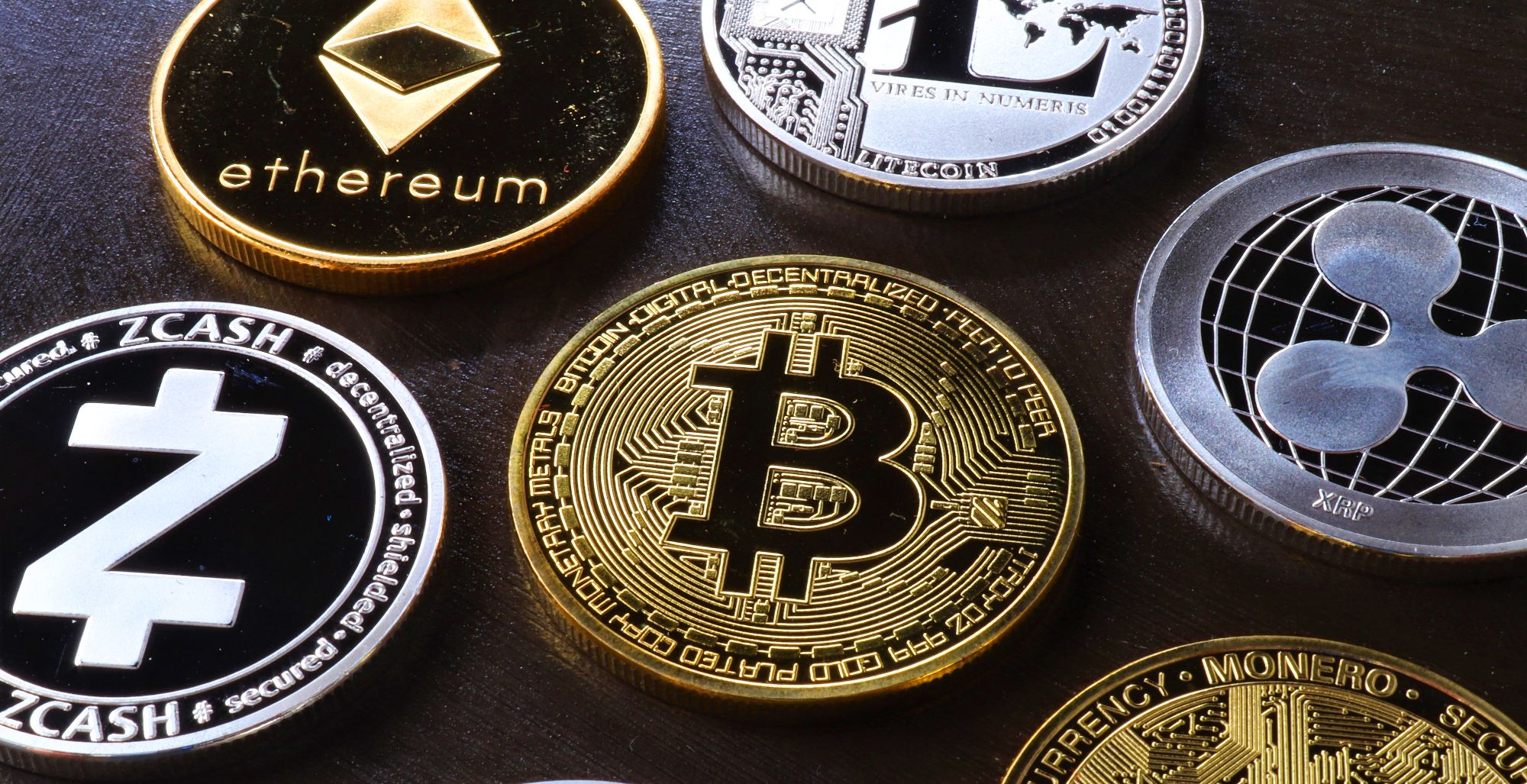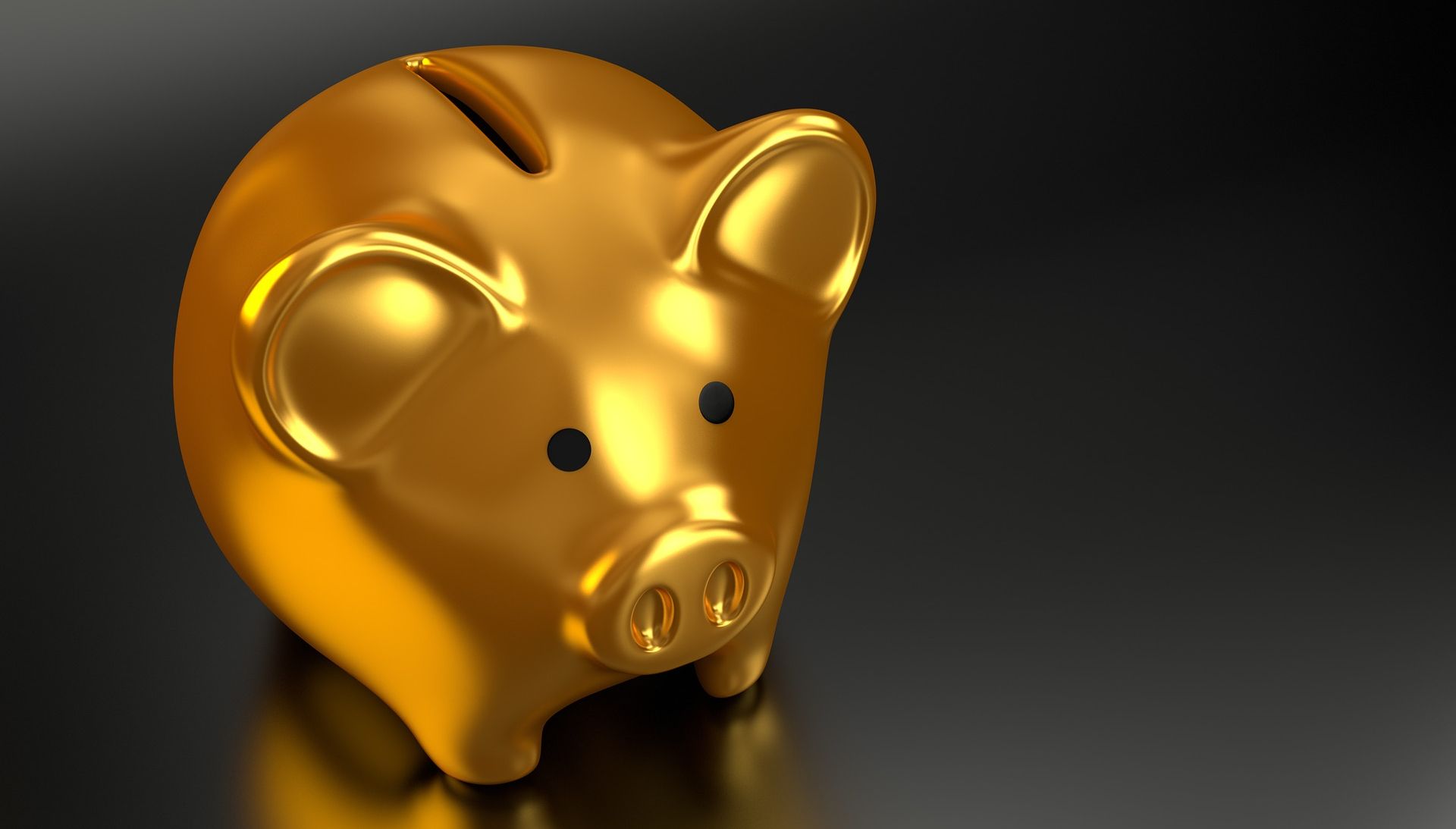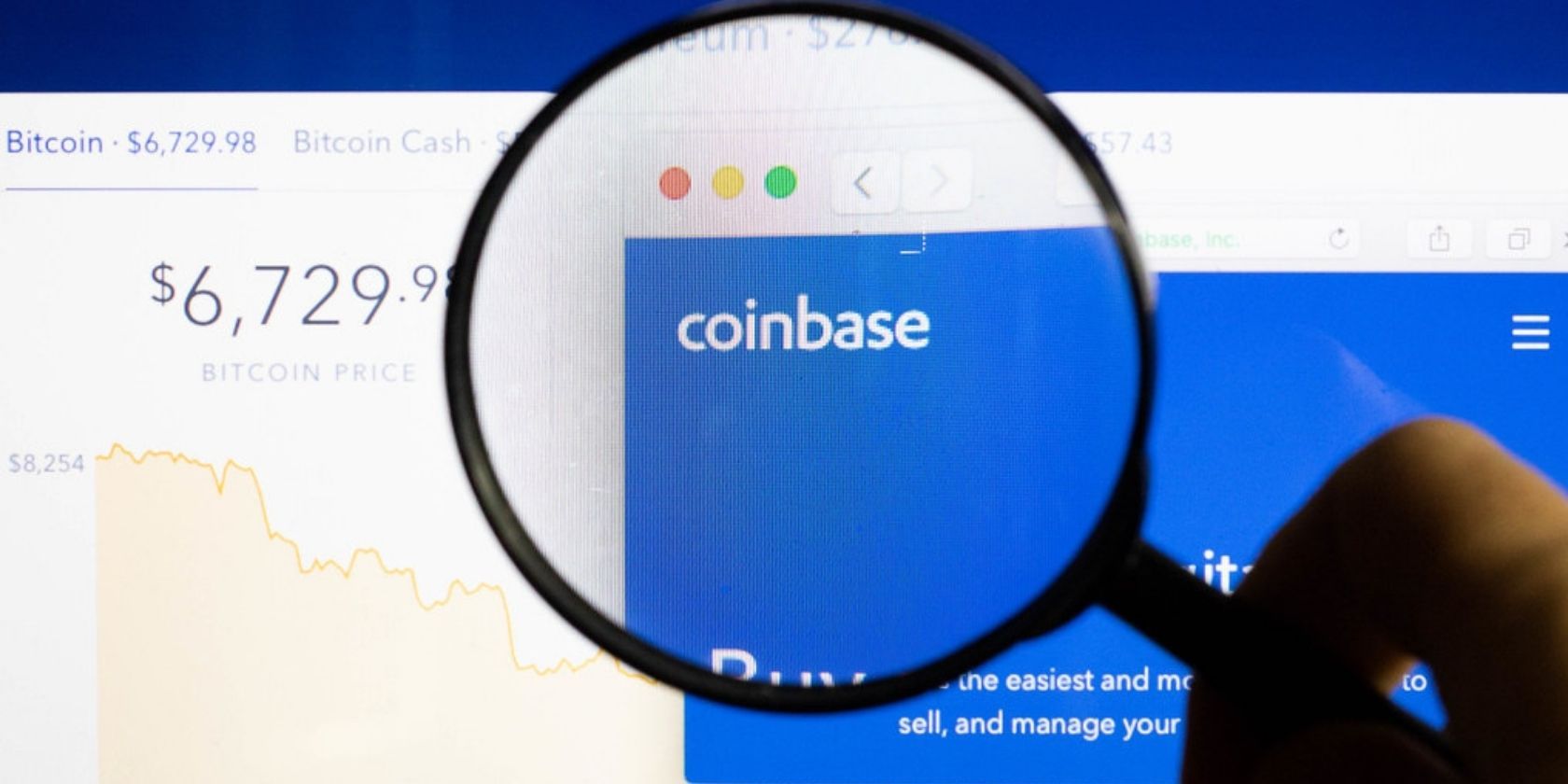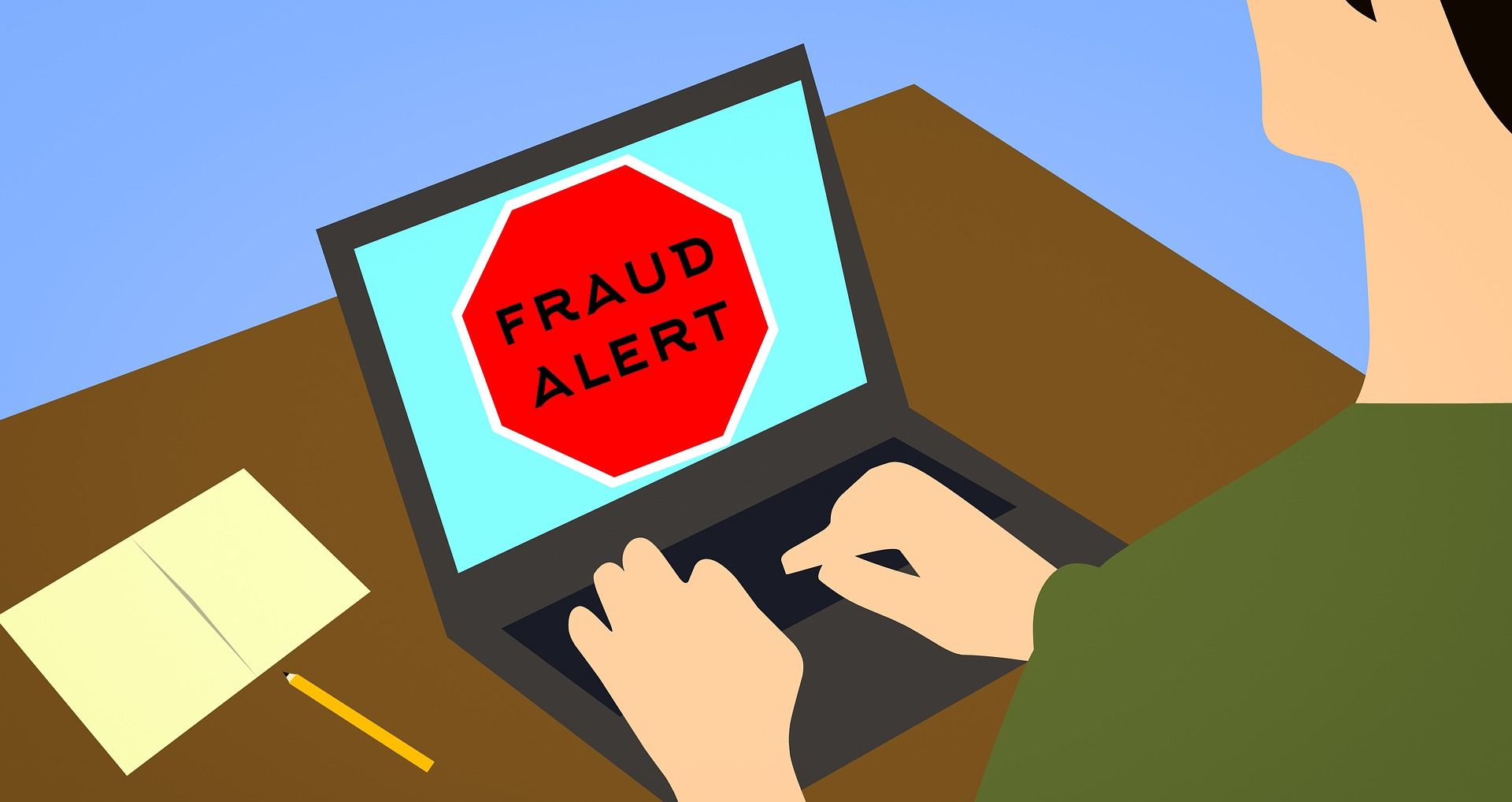With the crypto industry now worth trillions of dollars, it’s no surprise that there are countless exchanges for investors and traders to choose from. But it can be difficult to trust a platform with your funds and find one that offers you everything you need.
So what should you consider when choosing a crypto exchange, and what are the red flags to look for?
An important note about Crypto Exchange Security
Before we discuss what to consider when choosing a crypto exchange, there is one very important thing to remember: no crypto exchange is 100% secure. While some are more secure than others and generally more reliable, there is always a small chance of a successful cyber attack regardless of which exchange you choose.
We recommend that when you are not actively using your funds, you keep them in cold storage via a hardware wallet. This is especially necessary if you own large crypto holdings, as a single hack can drain your holdings if your exchange-based hot wallet is targeted. Exchange wallets are great for short-term storage between trades or stakes, but shouldn’t be your go-to for holding all of your crypto permanently.
Now let’s examine what you should keep in mind when searching for your perfect crypto exchange.
1. Supported Coins
If you want to trade various assets on an exchange, you need to know if your potential platforms support them. Most popular exchanges support hundreds of different coins and tokens, including market giants and newcomers. However, not all exchanges are the same, so you may find that one asset is supported on Exchange A, while Exchange B is not.
If you are particularly interested in new and upcoming coins, it is even more important to check if they are supported. It can take time for newer assets to be listed by exchanges, with some deciding to avoid certain coins altogether. So if you’re looking to invest in newer cryptos or have your sights set on a particular asset, make sure you know your potential exchange supports it before you start.
2. Fees
Fees are generally known as the bane of the crypto industry. Whether you buy, sell, bet or mine, there is always some kind of fee. While some exchanges charge almost nothing for their services, others charge a hefty sum per transaction, which can be very frustrating.
For example, Bitmex charges super low producer and taker fees of 0.025% and 0.075% respectively. On the other hand, Bittrex charges a maker and taker fee of 0.35%. While this still sounds pretty low, it can certainly add up over time, and very large transactions can result in you losing hundreds or even thousands of dollars in fees.
There are also a few exchanges that do not charge trading fees, such as BlockFi. But some free exchanges come with other fees, so make sure you know exactly what you’ll be charged for any action before you set up an account.
3. Security features
This is an extremely important aspect of any cryptocurrency exchange. Crypto exchanges hold huge amounts of crypto for their users, making them a prime target for criminals. So if you want to protect your assets as much as possible while interacting with an exchange, you need to pay attention to the security features.
There are various green flags regarding a crypto exchange’s security features. Two-factor authentication, cold fund storage, and wallet address whitelisting are just a few options offered today. Naturally, you’ll want to try to use as many of the available security features as possible on your chosen exchange to effectively protect your assets.
We have a piece examining whether Coinbase is safe, as well as comparisons of exchanges such as Binance and Kraken or Coinbase and Uphold to give you an idea of which major exchanges offer which security features.
4. Fund insurance
Many crypto exchanges offer fund insurance for those who lose money due to a technical problem or theft. Each exchange is different in its insurance, but choosing one that guarantees to insure your funds in connection with an official entity is beneficial.
Take Binance, for example. This platform offers insurance for US dollar deposits up to $250,000 in the US. The platform works with the Federal Deposit Insurance Corporation (FDIC) to make this possible.
Fund insurance does not apply to financial losses as a result of market changes. When you invest in cryptocurrencies, you effectively acknowledge the risk of loss of funds via price fluctuations, so exchanges cannot compensate for this.
5. Ease of use
If you are new to the crypto industry, you should choose an exchange that is not overwhelming. Some exchange interfaces can be very intimidating and confusing. This can even put you out of crypto trading altogether. But there are plenty of exchanges out there that offer simple, straightforward interfaces for all experience levels.
Some exchanges offer two different interfaces for experienced and novice users. For example, Coinbase offers a simple interface via its regular exchange, but also allows users to trade via Coinbase Pro. As the name suggests, this version of the exchange is far better suited for experienced and professional traders who understand the market well. Binance also offers two different user interfaces via its smartphone app.
6. Geographical Availability
As with many websites, crypto exchanges are subject to geographic availability. Because some countries, such as China and North Korea, have banned or restricted crypto trading, exchanges can only exist within legally permitted areas. On top of this, some exchanges are not licensed to do business in certain countries (due to international restrictions), further limiting their availability.
Many of the biggest crypto exchanges are available in many places. Kraken, for example, is available in most countries worldwide, with some exceptions including Iraq, Syria, Tajikistan and North Korea. In certain countries, such as Russia and Yemen, an account can be opened but may not be used for trading.
In addition, different local financial laws may lead to partial availability. For example, you can use Binance in Europe for all functions except trading derivatives, while there is a US-specific version of Binance to comply with government regulations. Certain digital assets may also be restricted based on the retailer’s location.
7. Reputation
An exchange’s reputation is another important factor to consider. Some exchanges have a sparkling reputation, while others are known for suspicious activity, poor security or even illegal trading. Even if an exchange is popular, it is not necessarily safe or reliable.
For example, Coinbase is a generally safe platform used by millions of people, but has been caught a few times conducting illegal activities.
It’s always worth researching any exchange you’re considering to see if it’s worth signing up for.
Your funds are important and so is your exchange
When considering where to put your money and conduct all your crypto-related activities, research is very important. Although an exchange may seem like a good fit, certain factors can affect its availability, reliability and ease of use. So if you want to try a new crypto exchange, take note of the above considerations to give yourself the best chance of choosing the best option.































